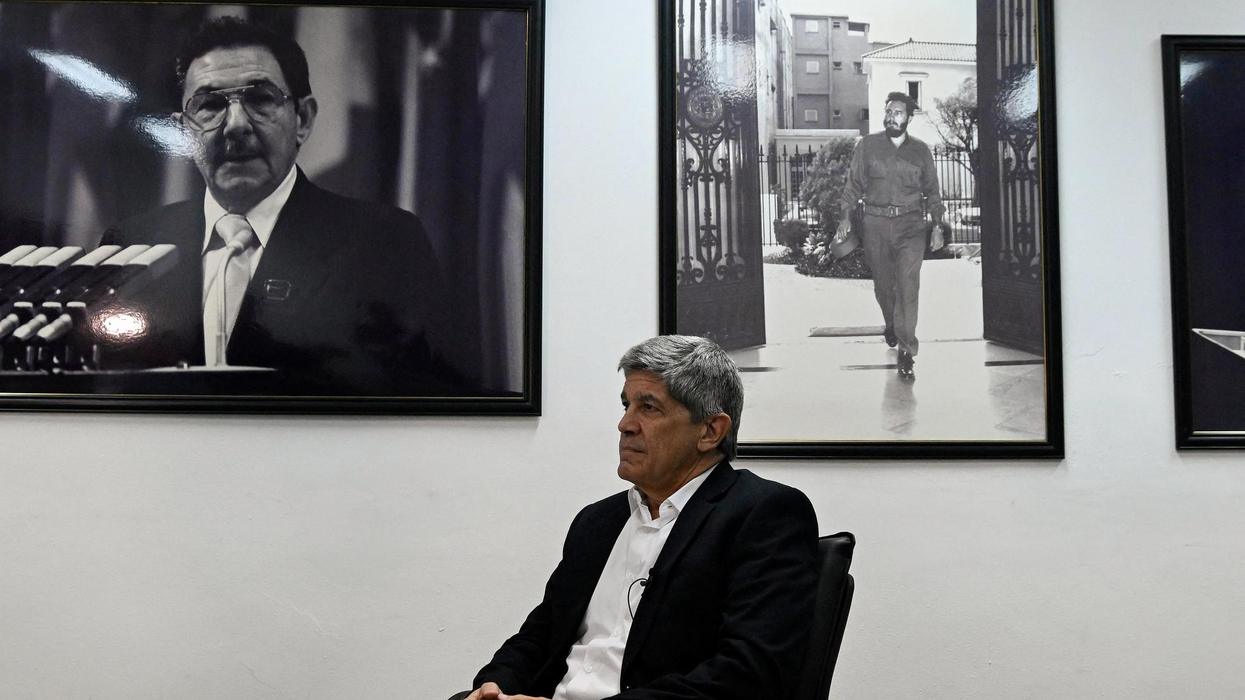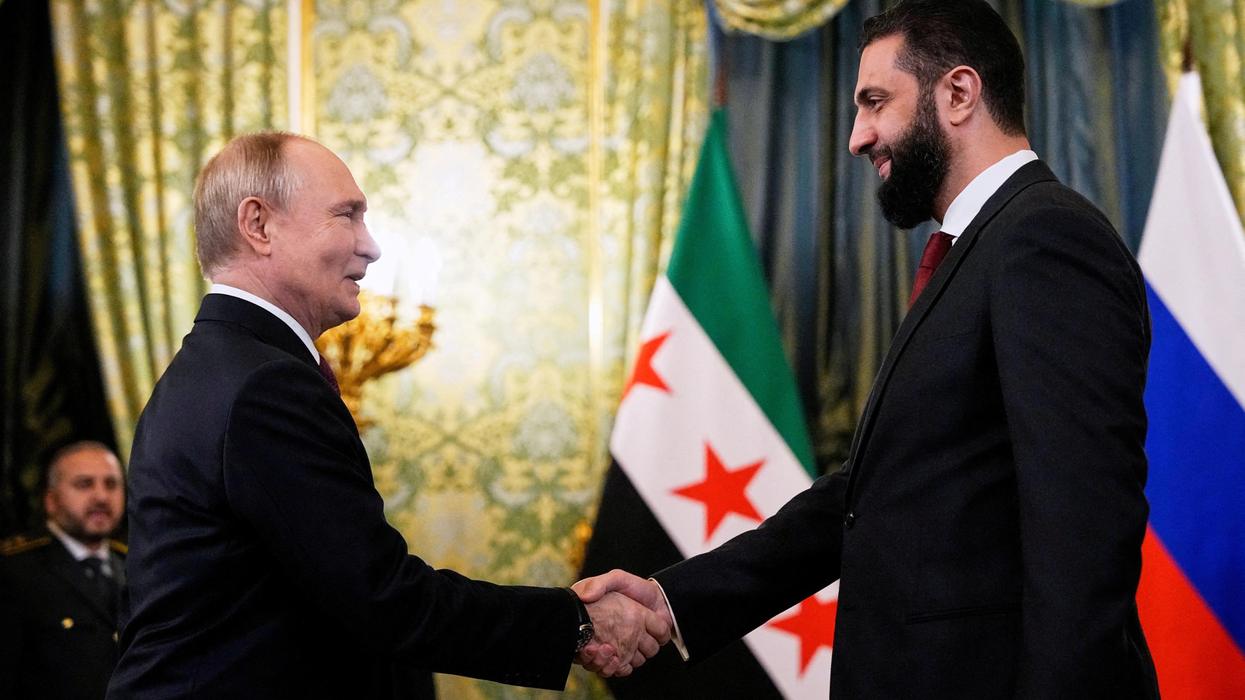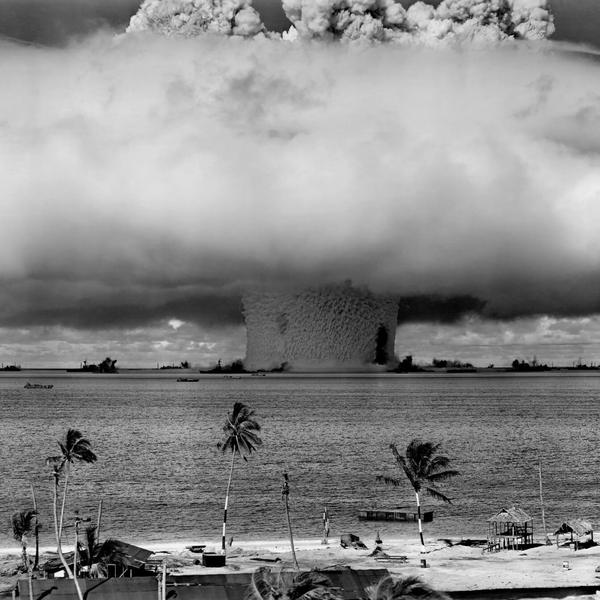Afghanistan’s economy was in desperate straits prior to the Taliban takeover. Foreign grants accounted for 75 percent of public spending and urban poverty had increased to 47.6 percent. The Taliban’s violent takeover and subsequent flight of aid plunged it further into crisis.
The foreign exchange reserves of the central bank (Da Afghanistan Bank or “DAB”) were frozen, humanitarian aid ceased, and U.S. and U.N. sanctions which had previously applied to the Taliban and Haqqani Network as non-state actors were effectively applied to the government now led by them. Qualified technocrats fled the country or were replaced by unqualified Taliban loyalists some of whom are sanctioned. Prices of staples like wheat and diesel increased by double-digit percentage points.
Pledges of further humanitarian aid, sanctions exemptions allowing humanitarian and commercial activities, and an expressed intention by the Biden administration to someday use Afghanistan’s central bank reserves to recapitalize the economy offer some hope for Afghanistan’s economy. But no one action will save the economy and the Taliban’s governance has so far left little room for compromise.
Quincy Institute research fellow Adam Weinstein asked Khalid Payenda, Afghanistan’s finance minister prior to the Taliban takeover, about the causes and solutions to Afghanistan’s economic woes:
Adam Weinstein: Afghanistan’s central bank has now lacked access to its foreign exchange reserves for six months with no clear end in sight. What is the effect of this on the overall economy?
Khalid Payenda: There has been a liquidity crisis – US dollars in particular – due to the freeze on the assets in the banking sector. This has impacted all businesses and individuals with bank accounts that have had limits placed on the amounts they are able to withdraw. However, in a country with only 15 percent of the economy [individuals and businesses] having access to a bank account, this crisis does not explain all of the economic woes. The issue has been blown out of proportion and misunderstanding among the public has been great. It is crucial to distinguish between the freeze on assets and the abrupt cut-off of $8 billion in annual aid. The aid cut-off has had a far more devastating impact than the freeze on assets.
AW: How do Afghans view the pending litigation surrounding the frozen reserves?
KP: There is a lot of confusion and anger. Afghans see themselves as victims of terror attacks as well and not the perpetrators. Not a single Afghan was involved in the terrorist attacks of September 11, 2001. While they have sympathy with the survivors of those attacks, they should not be paying compensation. The problem has been complex, and the communication surrounding [President Biden’s] the Executive Order on the frozen assets was not great either which has added to the confusion.
AW: Afghanistan blossomed with development over the last 20 years but it also became synonymous with corruption and economic mismanagement. What was the biggest economic achievement of the last government and its international partners? What was the biggest mistake, intentional or not?
KP: Afghanistan saw enormous developments in the past twenty years. Delivery of key services of health, education, and community development expanded greatly and, despite the security challenges, it helped to gradually better the living conditions of Afghans – more children went to school, health indicators improved, key infrastructure was built, more rural areas were connected, and the like. Afghans attained a higher living standard and the per capita income increased (although growth halted after the foreign troop withdrawal). Perhaps the biggest mistake from the development perspective was never to see the twenty-year intervention as a 20-year (or longer) project. The two decades were a series of short-term interventions stitched together by extensions and short-termism.
AW: It's been a little more than six months since the Taliban took over as the de facto government of Afghanistan. From an economics perspective, what has the Taliban done right? Where has it fallen short?
KP: The economy has seen an unprecedented shock. A third of the economic productivity was wiped out in a matter of months. Half of the population, which was already clinging just above poverty levels, was plunged into poverty. Almost all women previously employed have lost their jobs, and this has severely impacted the female-headed households. Inflation has hit double digits with food and household items seeing price increases of 40 percent or more. The currency depreciated heavily against the U.S. dollar. The response has been slow, ambiguous and only after pressure by the international community. So, as one sees, not much has been done right. Let’s not forget that the Taliban are chiefly to be blamed for this for not having honored their agreement with the United States and instead taking over the country by force. They have removed qualified people from key positions in the ministries and replaced them with people with no relevant background and in most cases not even formal education. Having said that, I believe their actions on ensuring that foreign currency is not smuggled through porous borders, coupled with the inflow of humanitarian assistance, has somewhat contained the depreciation of the Afghani [Afghanistan’s currency]. The other action – imposing limits on deposit withdrawals from the banks – arrested the run on the banks that would have resulted in a complete meltdown of the financial sector in Afghanistan.
AW: Prior to August, 75 percent of public spending in Afghanistan was funded by grants, and the government was the country’s largest employer. What does this mean for the state of the economy today and in the near future?
KP: The Taliban takeover and the abrupt cut-off of aid has meant that almost all service delivery has been completely halted or severely restricted. Tens of thousands of Afghans employed through donor-funded projects either in the government or in NGOs that extended services to the population lost their jobs overnight. Social, infrastructure, agriculture, community development and urban development projects were halted at different phases of implementation. The government budget and donor grants – both through the government budget and outside it – were the biggest actors in the economy that came to an abrupt halt. This has already had devastating economic impacts and will continue to hurt the economy.
AW: How do you coordinate the provision of public services like education and the payment of public employees without working with the Taliban?
KP: It’s important to distinguish between the systems, processes and people that worked in state institutions and the regime. Some of the service delivery mechanisms, including basic health services and community development, were led by the ministries and involved civil society and the NGOs. Most of those systems, processes and people can still be used. They have been modified and improved over the past twenty years, and some have been showcased as models for an effective global perspective. The implementation units staffed by qualified Afghans that are currently housed in the ministries should be transferred under the leadership of a relevant UN agency which should provide the leadership services that the ministries provided. Redesigning new programs loaded with a large number of expatriates while thousands of qualified Afghans look for jobs is not only inefficient but morally wrong. I would like to reiterate that these are temporary measures to deliver critical services in the short term until an inclusive and legitimate Afghan government is in place. In the long run, there is no substitute for state institutions and a government. No country has ever achieved prosperity and sustainability through donors and UN agencies in the absence of a functioning government, and Afghanistan is not an exception.
AW: What does the future of the banking sector look like for Afghanistan?
KP: The current liquidity crisis has hit the banking sector–which was already in trouble–hard. The population that has relied on the banks for their savings and transfer of salaries have struggled hard over the past six or seven months to access their deposits. This has hurt their confidence. Moreover, the banks will face difficulties recovering the loans that they had extended to businesses given that many of the businesses are going through their own financial problems in the aftermath of the collapse. It will take a very long time for the banks to recover – if at all. Additionally, there is no clarity on whether the current banking regulations will survive. Revoking the banking sector regulations will have an impact on its health.
AW: Is Afghanistan doomed to rely on aid as a result of its geography?
KP: In my view, Afghanistan’s geography has not been the main factor. Political instability and hostilities in the immediate neighborhood have not enabled a long stable period for development to take root. Political turmoil of the past forty years has been a major issue that has inhibited major investment in the country. Afghanistan collected above 14 percent of GDP in domestic revenues. That is a very respectable percentage for developing countries. However, having to shoulder increasing military spending and security premiums on projects that cost four-folds of what it would have cost across the border in neighboring countries, meant that Afghanistan relied on donor aid. While the geography presents its challenges, Afghanistan’s location provides an enormous opportunity not only for herself, but for the whole region to benefit from as a corridor for not only the transport of goods but for energy resources as well.
AW: What advice would you give to the Biden administration?
KP: Anyone who has paid attention to developments in Afghanistan after the Soviet withdrawal [in 1989] knows that abandoning Afghanistan comes at a great cost. I hope that the administration and the rest of the world do not repeat the mistakes of the past.
















